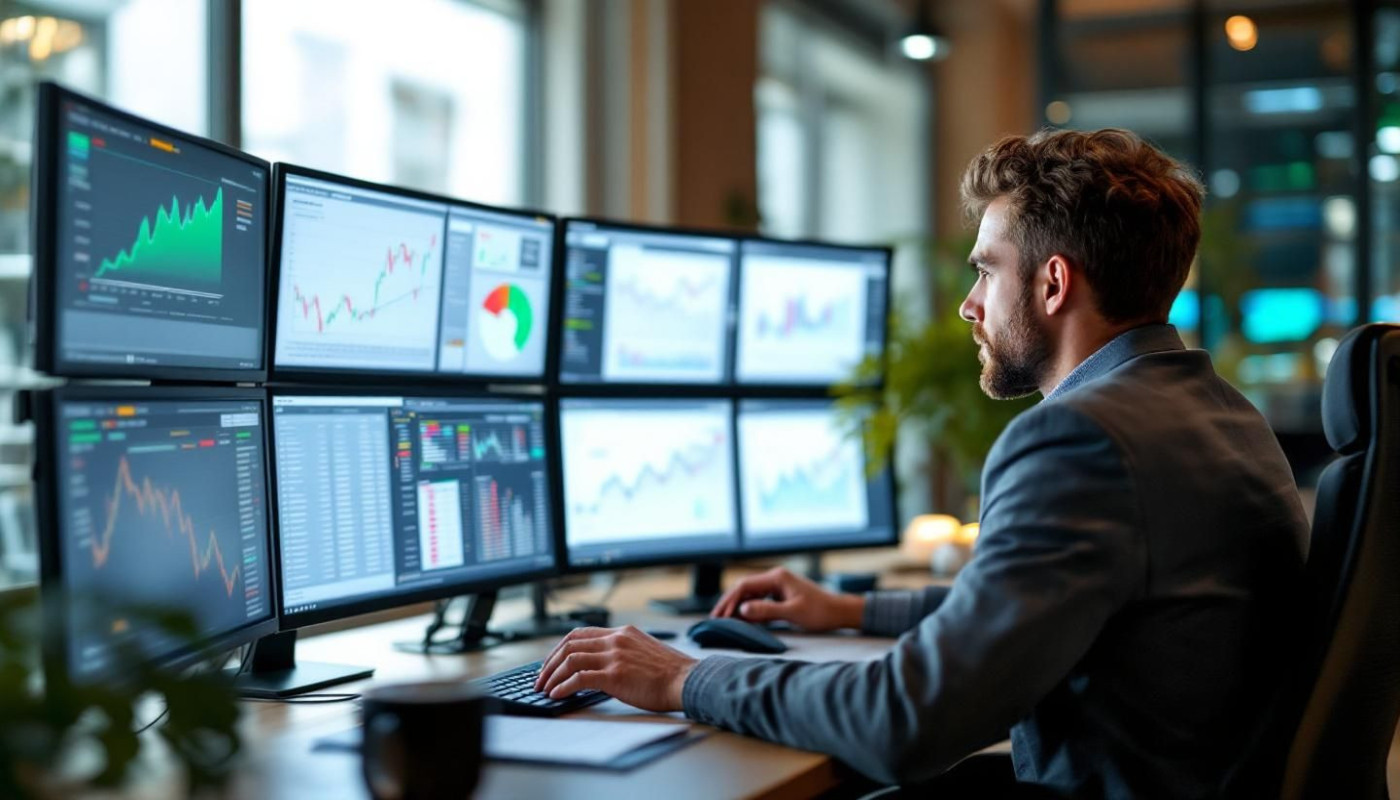Table of contents
Today's world is becoming increasingly aware of the need for sustainable practices. The concept of "Transforming Waste to Wealth: The Rise of Upcycling" presents an exciting and innovative way to address this issue. Upcycling, at its core, is the art of taking something no longer in use - what some might call "waste" - and transforming it into something of greater value. This practice doesn't merely recycle objects; it elevates them, bringing about a creative reimagining of what these materials can become. As you delve further into this article, you'll discover the limitless possibilities that upcycling offers, the profound impact it can have on our planet, and how it is reshaping our perspective on waste management.
The Concept of Upcycling
Upcycling, a term synonymous with the notion of the 'Circular Economy,' is a relatively novel approach to mitigating the adverse effects of waste. It significantly differs from the traditional method of recycling. While recycling involves breaking down waste into its basic components to produce a lower-quality material, upcycling revolves around the concept of 'Value Addition'. It comprises a creative process of converting waste materials or unwanted products into new materials or products of improved quality, thereby serving a potentially higher function.
Upcycling is a key pillar in resolving waste management challenges and stands at the forefront of sustainability. It doesn't merely focus on reusing items; its greater vision is to imbue renewed life and enhanced value into them. The result is a beautiful transformation of waste into something new, functional, or even artistic. The power of upcycling lies in its potential for waste reduction, resource conservation, and innovation, making it an integral part of a sustainable future.
The Rise of Upcycling
The practice of upcycling has seen a dramatic increase in popularity in recent years, taking the world by storm as it infiltrates a variety of sectors. From the realms of Fashion and Furniture design, to those of Architecture and Art, the art of transforming waste into something of greater value is being embraced like never before.
Key to this trend is an observable shift in Consumer Perception. Increasingly, consumers are gravitating towards products that embody the principles of 'Sustainable Consumption'. Rather than simply focusing on functionality, modern consumers are also considering the sustainability of the products they purchase. In this way, items that demonstrate both practical use and environmental mindfulness have become significantly more desirable. This shift in perception has played a substantial role in the rising popularity of upcycling, fueling its continued growth across various sectors.
Economic Benefits of Upcycling
Upcycling, a transformative process that turns waste into valuable resources, plays a pivotal role in fostering an inclusive 'Green Economy'. One of the many benefits it brings to the table includes 'Job Creation'. It offers opportunities for new industries to emerge and existing ones to expand. By breathing new life into discarded materials, upcycling not only allows for economic growth but also promotes sustainable development.
Another significant advantage of upcycling is its potential to stimulate 'Local Economies.' By encouraging the reprocessing of waste at a local level, it reduces transportation costs and carbon emissions, contributing to both the economy and the environment. Furthermore, it harnesses local skills and resources, leading to community development and poverty reduction.
Moreover, upcycling inspires 'Entrepreneurship.' This innovative approach provides a platform for creative minds to turn their eco-friendly ideas into a 'Profitable Venture.' From small-scale artisans to large corporations, upcycling paves the way for businesses to thrive while championing environmental conservation. In essence, upcycling is an economic strategy that has the power to create a more sustainable and prosperous future for all.
Upcycling and Environmental Protection
The practice of upcycling has gained momentum as one of the most effective Environmentally Friendly Practices in recent times. This innovative process is a significant contributor to Environmental Protection, using discarded materials to create new, high-quality products. It plays a vital role in minimizing the strain on our precious Natural Resources, thus providing a sustainable alternative to mass production practices.
Apart from conserving resources, upcycling also plays a significant role in reducing Landfill Waste. The conversion of waste materials into usable products helps to lessen the amount of trash that ends up in landfills, consequently reducing soil and water pollution.
Greenhouse Gas Emissions and our overall Carbon Footprint are significant environmental concerns today, and upcycling offers a solution to these issues as well. By repurposing waste materials, we drastically cut down on the energy typically used for manufacturing new goods. This, in turn, reduces greenhouse gas emissions and lowers our carbon footprint, making upcycling a cornerstone of environmental protection strategies.
How to Encourage Upcycling
In the wake of growing environmental concerns, it has become significantly vital to promote upcycling not only among individuals but also within communities. The idea of transforming waste into something valuable is no longer just a trend; it's a sustainable practice that benefits both the environment and the economy. For individuals, the journey towards upcycling can begin at home. Simple changes such as reusing glass bottles as vases, creating compost from kitchen waste, or even transforming old furniture into something new and unique can have a profound impact.
Beyond this, the role of communities and institutions in fostering these sustainable practices is pivotal. Schools, workplaces, and local authorities can organize upcycling workshops, offer incentives for innovative upcycling ideas, and run awareness campaigns explaining the benefits of this practice. By making upcycling a part of everyday life, we not only reduce waste but also foster creativity, innovation, and environmental consciousness. Therefore, to ensure the successful rise of upcycling, it is key that everyone - from individuals, communities to institutions - actively participates in and encourages others to adopt these sustainable practices.
Similar articles

What Drives Investors To Buy Significant Shares In Companies?

Unlocking The Secrets To Identifying Lucrative Investment Opportunities

Essential Tips For First-time Buyers Of Used Boats

Unveiling the Secrets of Cryptocurrency: Beyond Bitcoin

Green Bonds: Financial Markets Driving Sustainability

Unmasking the Crypto Craze: A Deep Dive into Digital Currency

Investing in the French Wine Industry: What You Should Know

The Economic Impact of African Players in the Premier League

Exploring the Transformation of Luxury Retail in the Digital Age

